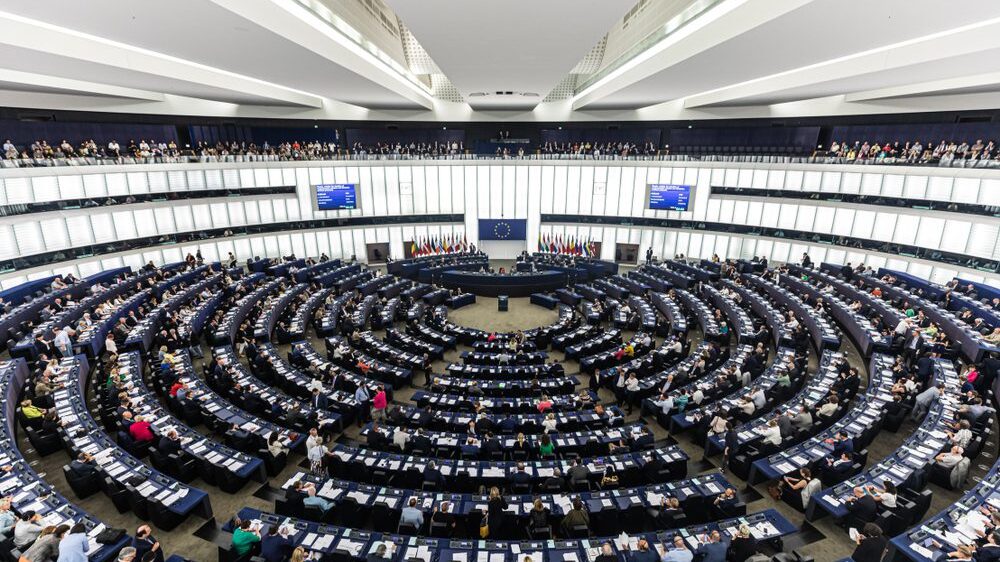
Photo: Drop of Light / Shutterstock.com
The European Parliament’s Strasbourg plenary voted on Thursday, June 15th, to approve the proposal to increase the number of seats in the body by eleven to better reflect the demographic changes. The MEPs also adopted a resolution, calling for the Council to consider adding a further 28 members, elected directly by a “pan-European” constituency.
As we reported, the proposal to increase the Parliament was first agreed upon in the body’s Constitutional Affairs Committee (AFCO) on Monday, after which it was moved immediately to this week’s plenary session in Strasbourg.
The decision to increase the number of MEPs from 705 to 716 aims to correctly re-apply the principle of degressive proportionality following certain demographic trends within the EU. From the eleven seats, Spain and the Netherlands would get two each, while Austria, Denmark, Finland, Slovakia, Ireland, Slovenia, and Latvia will be electing one extra MEP during next year’s elections.
The measure was approved with 316 votes for 169 against, and 67 abstentions. Most of the leftist and center-right MEPs supported the decision, while the majority of MEPs in the conservative blocks (ECR and ID) voted against it.
According to one of the file’s co-rapporteurs, the center-right EPP’s Loránt Vincze, there is no reason to believe this will negatively affect the existing power balance, as the calculations were based on a minimalistic approach and add no more MEPs than absolutely needed for fair representation.
“The solution is a balanced one and the least intrusive in the existing balance in citizen representation,” Vincze explained. “It only adds the least amount of seats needed to comply with a strict interpretation of the degressive proportionality principle from the Treaties and only where these are objectively justified without resorting to cuts in case of any country.”
The decision is now handed over to the Council of national governments, where it would need unanimous support to be adopted, but Vincze said he was confident it would pass with flying colors.
The other vote carried out simultaneously was regarding a resolution that urges the Council to strongly consider giving another try to the EP’s electoral law proposal from last year, which has been blocked by a number of countries ever since.
In short, the proposed electoral reform envisioned an additional 28 MEPs who would be elected through a separate, EU-wide list. They would represent the entire Union as their constituency. In practice, this would mean that all EU citizens have two votes: one to give to parties of their own member states, and another to give to whomever they want in Europe, provided they are on the “pan-European” list.
Even though the resolution was adopted by similar numbers (312 in favor, 201 against, 44 abstentions), this does not guarantee the proposal will again end up on the negotiation table, and it is even less likely it would be approved. The idea of having your citizens vote outside of the country and potentially giving others an edge is not terribly popular in most member states.
Regardless, the resolution calls for the Council to let the parliament know of their position as soon as possible, hoping that if it were to pass, they would be able to accommodate the changes before the 2024 elections.
